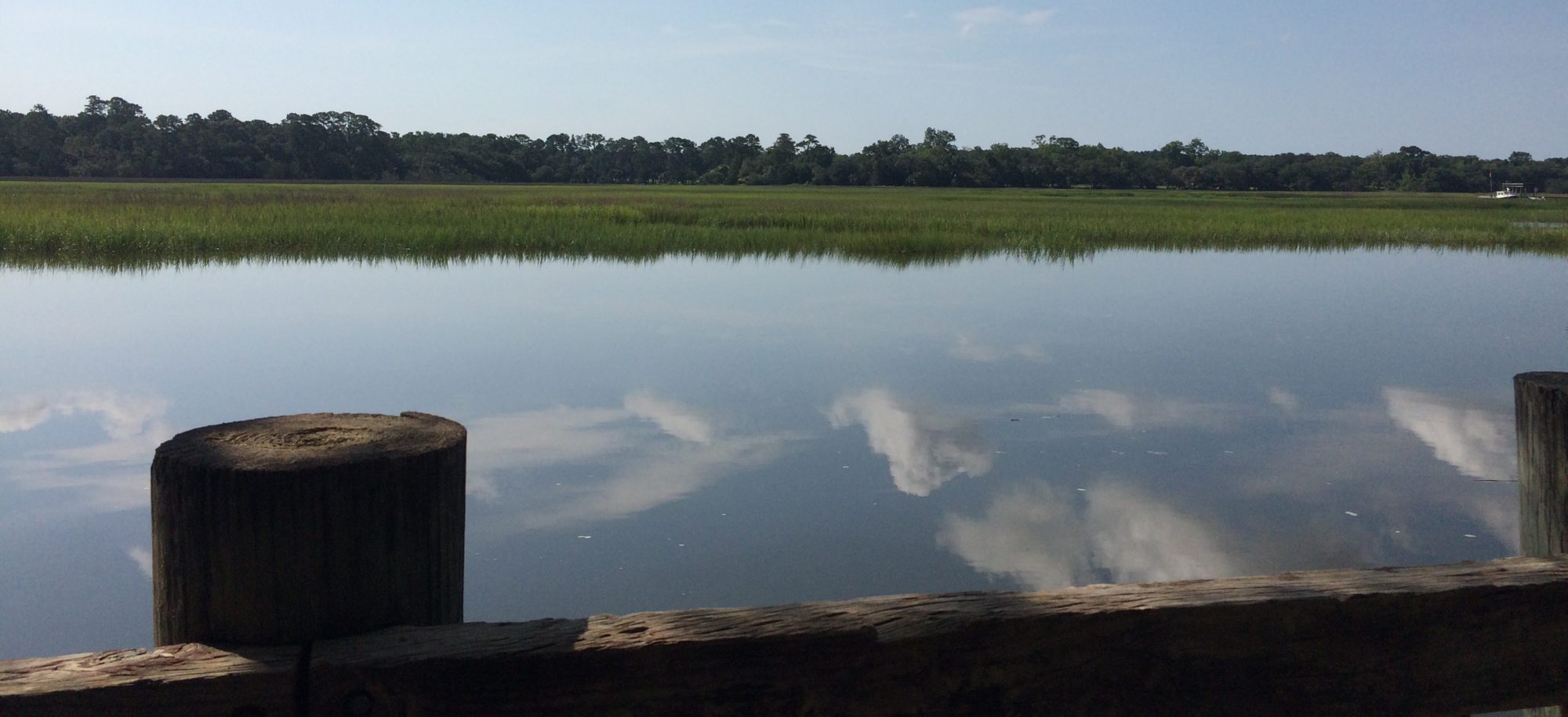My mother told me about the dream she had two nights before, of her father and her mother and some relatives I didn’t know, particularly her twin brother, killed in action in World War II a month after I was born.
Her father graduated from teacher’s college at age 19, starting his first job in 1901 with a classroom of eighty students. He raised my mother and seven others with his wife who shared his bed until she was nearly ninety, in a house with an upstairs bathroom. After my grandmother’s stroke, he visited her bedside every day the year before she died. Not long after, he fell dead going up the stairs. The family thought he opted to stop living.
In 1918, the pastor of the Lutheran church in whose school he was teaching said the religion classes must be taught in German, the language of their Bible. My grandfather unsuccessfully argued for English, the language his students spoke with their peers. Though his seventh child was but a few months old, he resigned on principle, working that summer in a pea cannery and then two years in an industrial office until he was called to a Lutheran school teaching everything in English, where he spent the next thirty-one years.
In her dream, her relatives were all standing on the other side looking her way, but when she made a move to join them, they waved her off. She wasn’t ready, they said.
The clear plastic tube exiting her chest was thinner than I had imagined, considering how things had sounded over the phone. The gauze over it wasn’t bloody, just taped there with a little brownish yellow spot in the middle. I followed the tube into a plastic bucket on the floor, enclosed and sterile, holding amber liquid.
She told me she wasn’t afraid of death. She knew it was waiting in the hall, just around the corner, but she wasn’t scared. All the things she was afraid of, she had already met.
That’s what you taught us, I said. I’m not scared either.
She hung on until my brother and his wife got home from a trip. Then she just stopped living, sort of like my grandfather had, leaving at a time of her own choosing. She said once that she loved the moon. I think of her when I see it, full and rounded, the way her life was meant to be. According to what she told me, it was.
I’m going through the family history box, the one with pictures of people my mother labeled so as to tell us when she was gone, who they were. She made an album too, pictures of my ancestors on both sides of the family, with typed vignettes as she knew them to capture the spirit of the person. Is it because of the pictures that I remember them? For me, some are most themselves in her little stories.
One whose father died early began work at a coal company at age fourteen and later bought the place. Another raised six children as a seamstress after her husband died of smallpox at forty. An immigrant father said no to a son’s violin because violins were just for the rich, so the son made himself a banjo.
These people exist for my children only because their grandmother, whom they lovingly remember, chose to make them visible.
